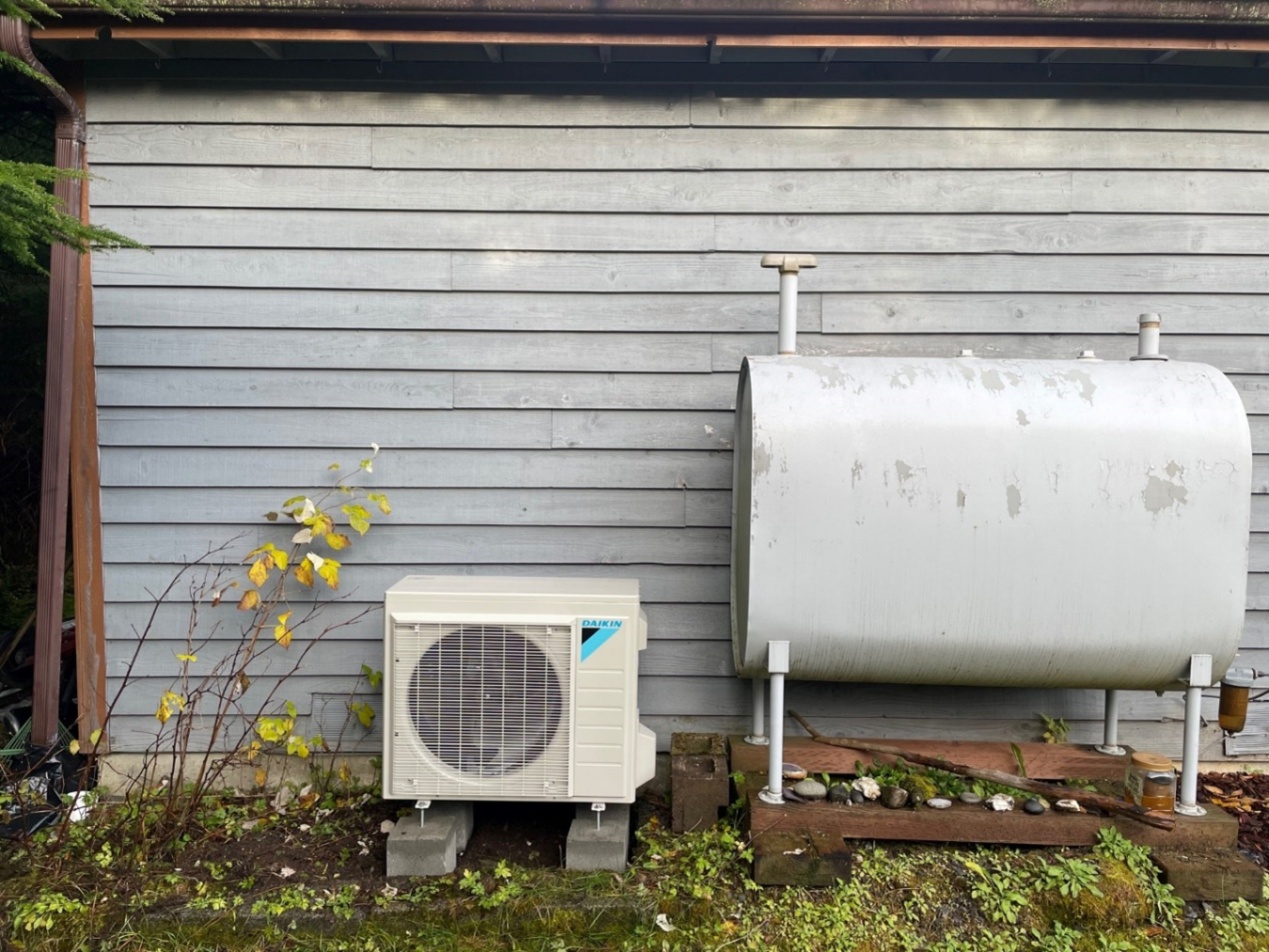In Juneau, Alaska, a project supported by BTO is helping ordinary homeowners save money and reduce their carbon footprints by switching from fossil-fueled heating to electric heat pumps.
June 9, 2022In Juneau, Alaska, a project supported by the U.S. Department of Energy (DOE) Building Technologies Office (BTO), is helping ordinary homeowners save money and reduce their carbon footprints by switching from fossil-fueled heating to electric heat pumps. The project, called Thermalize Juneau, has installed heat pumps in nearly 80 homes so far.
Thermalize Juneau is a collaborative program between BTO, the National Renewable Energy Laboratory (NREL), the Cold Climate Housing Research Center, Alaska Heat Smart, and Information Insights. The program is based on Solarize campaigns run by state and local governments and nonprofits throughout the United States, which organize consumers into groups and leverage their buying power to obtain discounts on solar panels and other home efficiency systems. Thermalize Juneau uses the same model to help homeowners save up to $400 each on heat pumps. It also connects customers with HVAC technicians and electricians who help install the equipment once it’s purchased, easing homeowners’ anxiety about switching to a new and complex heating system.
Heat pumps are highly efficient electric space heating and cooling devices that, thanks to BTO-funded research, are now a viable commercial replacement for fossil-fueled HVAC systems in homes, apartments, and businesses across the country. They work by transferring heat from the outdoor air – or another source such as a geothermal well – to the inside of a house, like a refrigerator in reverse. In the summer, they can also cool a house by transferring heat in the opposite direction. This process takes advantage of “free” thermal energy in the air, allowing heat pumps to heat or cool a house with only one half to one third of the energy required by conventional HVAC systems.
For the consumer, this means that heat pumps are one of the best energy-saving upgrades available: some Juneau residents reported that switching to heat pumps reduced their home heating bills by 50%. Those savings can usually pay back the cost of installing a heat pump in just five to seven years. For the environment, it means fewer carbon emissions: because heat pumps are electrical, they can be powered by renewable energy sources such as Juneau’s hydroelectric dams. Even if the heat pump takes its electricity from a grid powered by fossil fuels, it will have a smaller carbon footprint than a conventional HVAC system because of its higher efficiency.
In the past, heat pumps have struggled to provide heating when the temperature outside drops below zero, limiting their use in cold climates. The heat pumps purchased through Thermalize Juneau are state of the art and can function when outdoor temperatures drop as low as -13° F; to provide heating at temperatures lower than that, Thermalize Juneau encourages homeowners to keep a backup heating system. A DOE-funded program called the Cold Climate Heat Pump Technology Challenge, founded in 2021, is working with HVAC manufacturers and national laboratories to develop heat pumps that retain their performance in colder temperatures.
In addition to helping residents buy and install heat pumps, Thermalize Juneau is educating them on the benefits of heat pump technology and home energy efficiency. The program sends experts to potential customers’ homes to perform free home energy assessments, helping them see how heat pumps and other energy-efficiency measures can save money and reduce their carbon footprint. The program has performed over 160 home energy assessments so far, and two dozen homeowners have made additional home efficiency retrofits often insulating and air-sealing the attic and crawlspaces. The project also includes the evaluation of ENERGY STAR low-e storm windows in two homes, which is a new technology for the Alaska market.
If Thermalize Juneau can help more of Juneau’s citizens switch to heat pumps, it could play a major role in achieving the city’s climate goal of carbon neutrality by 2045.


